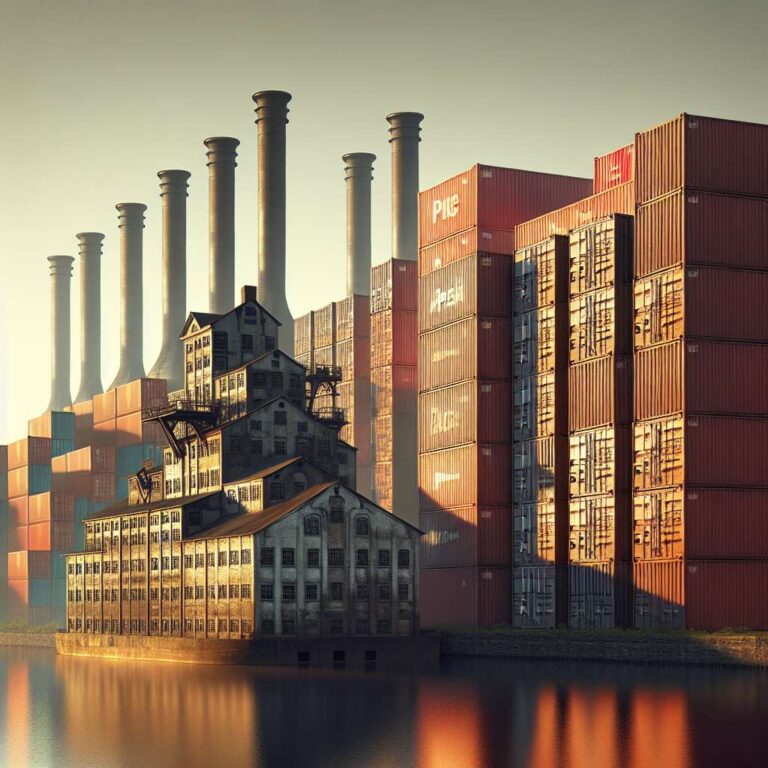A decade ago, academic researchers upended the economic consensus on free trade by exposing the devastating effects of surging Chinese imports on US manufacturing communities from the early 2000s. Their findings—popularized as the ´China shock´—documented the loss of 1 million domestic manufacturing jobs (and 2.4 million jobs overall) by 2011, with especially dire impacts in so-called ´trade-exposed´ towns. These job losses were not evenly spread across the nation but concentrated in regions anchored by specific manufacturing industries, deeply scarring their economies and identities.
David Autor, a prominent MIT labor economist, remains concerned about the continuing fallout of the original China shock. Recent research tracking two decades of data reveals a nuanced legacy: while trade-impacted areas eventually saw an employment recovery, these new jobs have been mostly in lower-wage, non-manufacturing sectors—K-12 education, warehousing, hospitality—and staffed by women, immigrants, and young people. The men who predominantly held lost manufacturing jobs, many of them white, non-college, and native-born, have mostly failed to transition to these new roles, fueling economic and political dislocation. Contrary to long-held assumptions, affected populations became less mobile rather than relocating in search of better opportunities.
Now, Autor warns of an even more consequential threat—dubbed ´China shock 2.0´—as China aggressively pursues dominance in advanced technologies: semiconductors, electric vehicles, drones, aircraft, fusion energy, robotics, quantum computing, and Artificial Intelligence. Losing leadership in these high-tech arenas would be catastrophic for US innovation and economic leadership. Autor criticizes the reliance on broad tariffs and nostalgia-driven policies, instead urging targeted investment and protection for industries crucial to future competitiveness. He underscores that while low-skill assembly jobs are unlikely (or undesirable) to return, advanced manufacturing remains vital—both for good middle-class jobs and the nation´s capacity to lead in innovation. The lasting lesson from the first China shock, as Autor sees it, is the need for swift, thoughtful support for affected workers and strategic planning—both of which the US has historically neglected. Without a serious, priority-driven industrial policy, the US risks losing its most vital manufacturing sectors to China for good.

